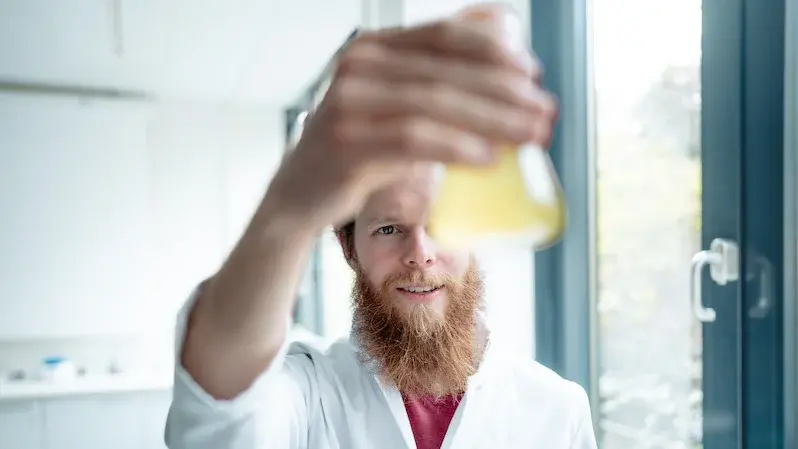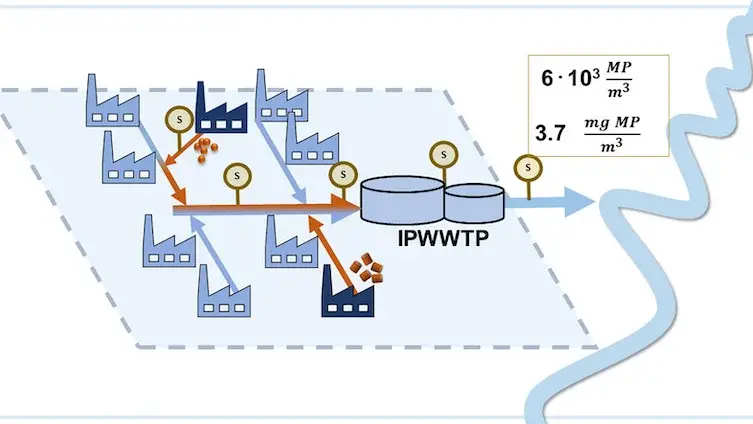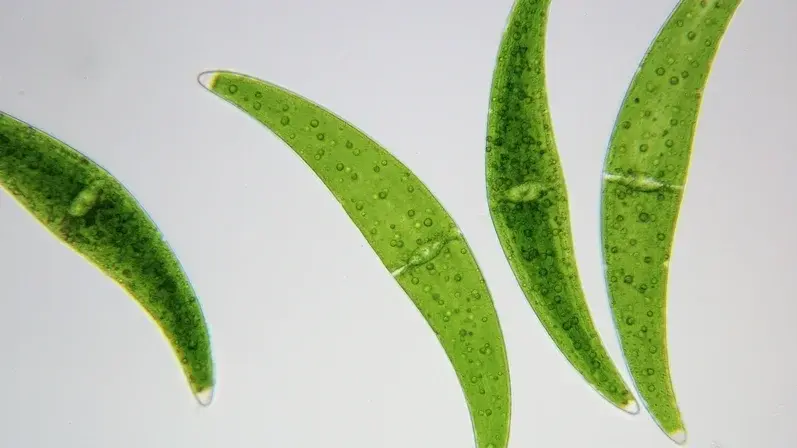Environmental Engineering
What is it about?
Environmental engineers shape the environment of tomorrow. In addition to their sound technical expertise and knowledge of business administration and environmental law, they also have excellent social skills, which enable them to play a key role at the interface between technology and the environment.
After learning the basics, our bachelor's degree program in environmental engineering offers students the opportunity to specialize in environmental process engineering, ecotoxicology or environmental informatics. At our university, you will study in small groups, which means you will have excellent contact to lecturers – and be close to exciting research.
What can I do with it?
The environmental engineering degree program covers a broad range of subjects, so that graduates will be able to work across the entire spectrum of the professional fields of environmental engineering, e.g. in the following areas:
- Waste treatment
- Industrial environmental protection
- Ecotoxicology
- Renewable energies
- Environmental management
- Environmental monitoring
- Water treatment
Depending on the graduates’ individual areas of specialization, additional employment opportunities are possible in the following areas:
Environmental informatics: management and administration of wind farms and solar plants, management of energy generation and energy consumption.
Environmental process engineering: planning offices, industrial associations, (supervisory) authorities, chemical companies, the food industry, and the pharmaceutical industry.
Ecotoxicology, Environmental Agencies and environmental protection authorities, specialized research institutes, engineering offices and consulting firms with a focus on environmental assessment, remediation of contaminated sites and environmental impact assessment.
For degree-seeking students: detailed information on admission requirements, application deadlines, etc. can be found on the German page.
Current projects and activities
The fascinating world of ecotoxicology
Protecting our planet is becoming an increasingly pressing issue. In view of climate change and global warming, the extinction of species and increasingly extreme weather events, even in our temperate latitudes, most people have now come to realize this. Read the article at www.hessen-schafft-wissen.de.

Microplastics in industrial wastewater
Researchers from Hochschule RheinMain and TU Darmstadt have published a study on microplastics in industrial wastewater. The study showed that wastewater treatment plants in industrial parks remove a large proportion of the microplastics that enter wastewater during industrial processes. Nevertheless, industrial wastewater treatment plants emit slightly higher concentrations of microplastics than municipal wastewater treatment plants. Further information on microplastics research can be found here. The publication is available under this link.

Toxicity of metals
Andy Weber-Theen and co-authors have published research results on the toxicity of metal pollution to (benthic) algae. The results indicate that the investigated species Closterium ehrenbergii can be a useful addition to the ecotoxicological risk assessment of rivers and streams.
The publication is freely available at https://www.sciencedirect.com/science/article/pii/S0147651323002853.
